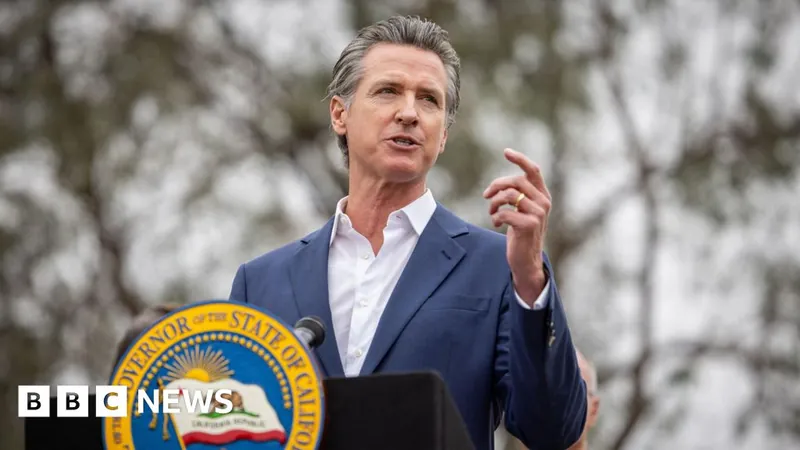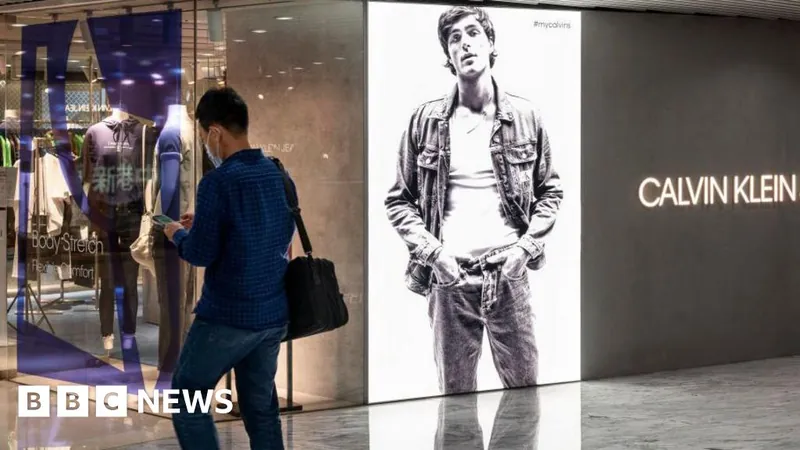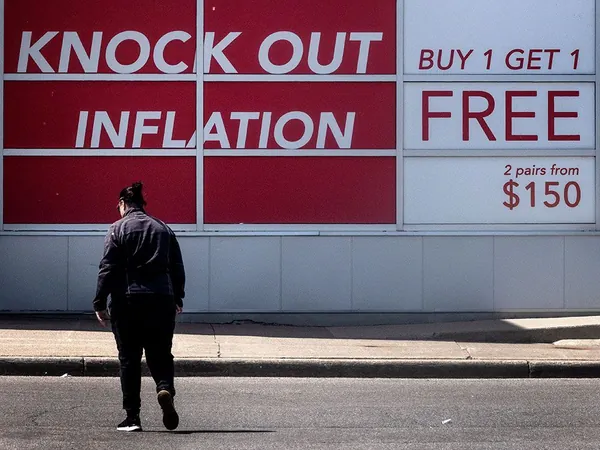
California Governor Gavin Newsom's Controversial Veto: A Setback for AI Safety Regulations?
2024-09-30
Introduction
California Governor Gavin Newsom has made headlines by vetoing a groundbreaking artificial intelligence (AI) safety bill that aimed to set the first significant regulations for AI in the United States. This controversial move has elicited strong reactions from various quarters, particularly as the bill faced fierce resistance from major technology firms.
Proposed Legislation Details
The proposed legislation sought to impose essential safety measures on advanced AI models, including mandatory safety testing and the inclusion of a 'kill switch.' This critical feature would allow organizations to deactivate an AI system swiftly if deemed dangerous. Additionally, the bill required comprehensive oversight for the development of 'Frontier Models,' which represent the pinnacle of AI technology.
Governor Newsom's Concerns
In his veto announcement, Governor Newsom expressed concerns that the bill could stifle innovation and drive AI companies out of California, a state that houses some of the most influential tech giants globally, including the makers of ChatGPT, OpenAI. He stated, 'The bill does not take into account whether an AI system is deployed in high-risk environments. Instead, it applies stringent standards even to basic functions.'
Reactions from Lawmakers
Senator Scott Wiener, the legislation's author, criticized the governor’s decision, arguing that it leaves AI companies free from essential government oversight at a time when the technology is becoming increasingly powerful and pervasive. 'This veto allows the development of an extremely powerful technology without any checks,' he remarked.
Future Actions
Interestingly, Governor Newsom has announced intentions to develop new safety measures and engage with leading experts to create strategies to mitigate the risks associated with AI. This includes recent legislation aimed at combatting misinformation and 'deep fakes'—content generated using AI that can mislead or deceive the public.
Expert Opinions
As discussions around AI regulation continue to evolve, many experts are calling for more targeted regulations focused on specific application scenarios rather than broad, restrictive measures. Wei Sun, a senior analyst at Counterpoint Research, stated that while AI is still in its nascent stages, it would be more prudent to assess potential harms in specific contexts rather than impose blanket restrictions.
Implications of the Veto
The implications of Governor Newsom's veto extend beyond California, affecting national and global AI regulatory efforts. With Congress struggling to enact significant legislation on technology regulation, this decision raises serious questions about the future of AI governance in the United States. As the debate continues, industry leaders and policymakers must navigate the delicate balance between fostering innovation and ensuring public safety.









 Brasil (PT)
Brasil (PT)
 Canada (EN)
Canada (EN)
 Chile (ES)
Chile (ES)
 España (ES)
España (ES)
 France (FR)
France (FR)
 Hong Kong (EN)
Hong Kong (EN)
 Italia (IT)
Italia (IT)
 日本 (JA)
日本 (JA)
 Magyarország (HU)
Magyarország (HU)
 Norge (NO)
Norge (NO)
 Polska (PL)
Polska (PL)
 Schweiz (DE)
Schweiz (DE)
 Singapore (EN)
Singapore (EN)
 Sverige (SV)
Sverige (SV)
 Suomi (FI)
Suomi (FI)
 Türkiye (TR)
Türkiye (TR)